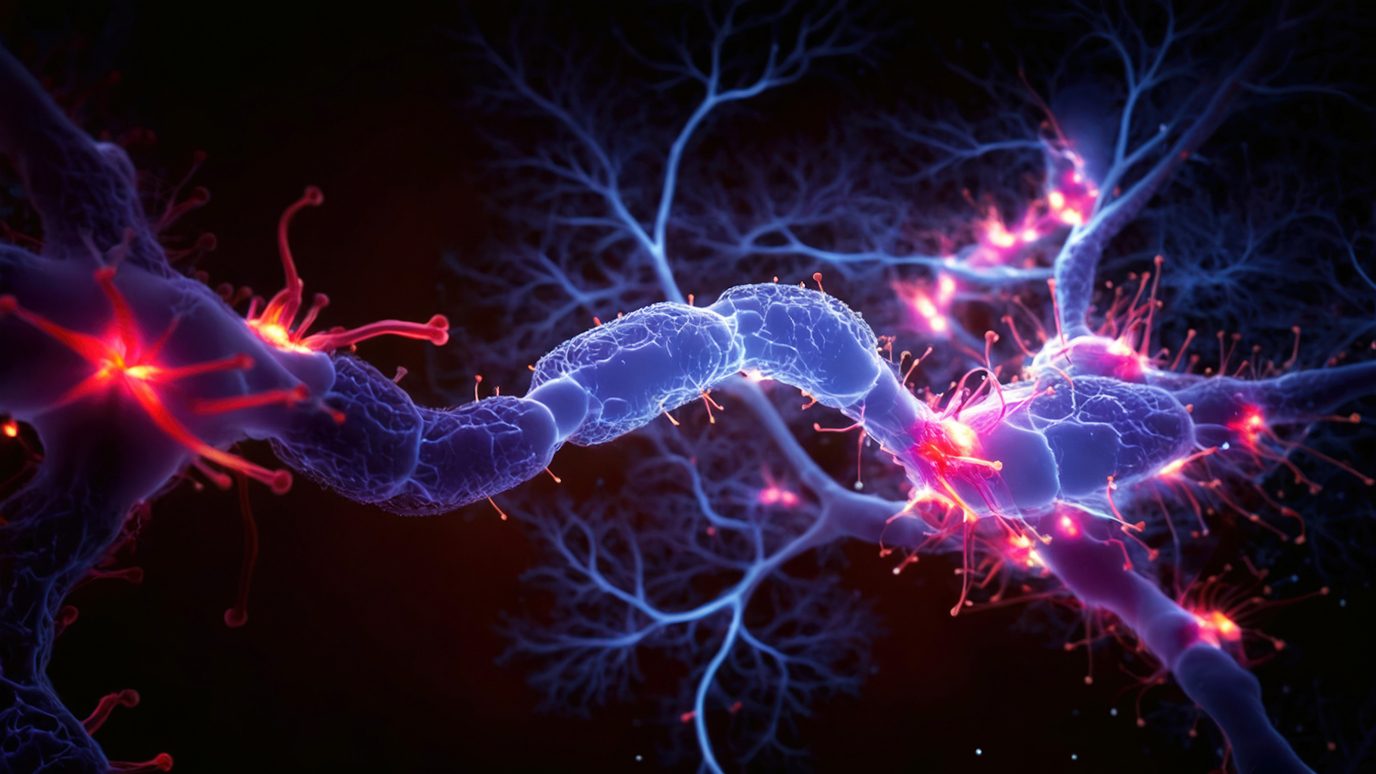“The Journey to End Cancer: From Cause to Cure” exhibition launches national tour with MD Anderson as presenting sponsor
The University of Texas MD Anderson Cancer Center is pleased to announce...
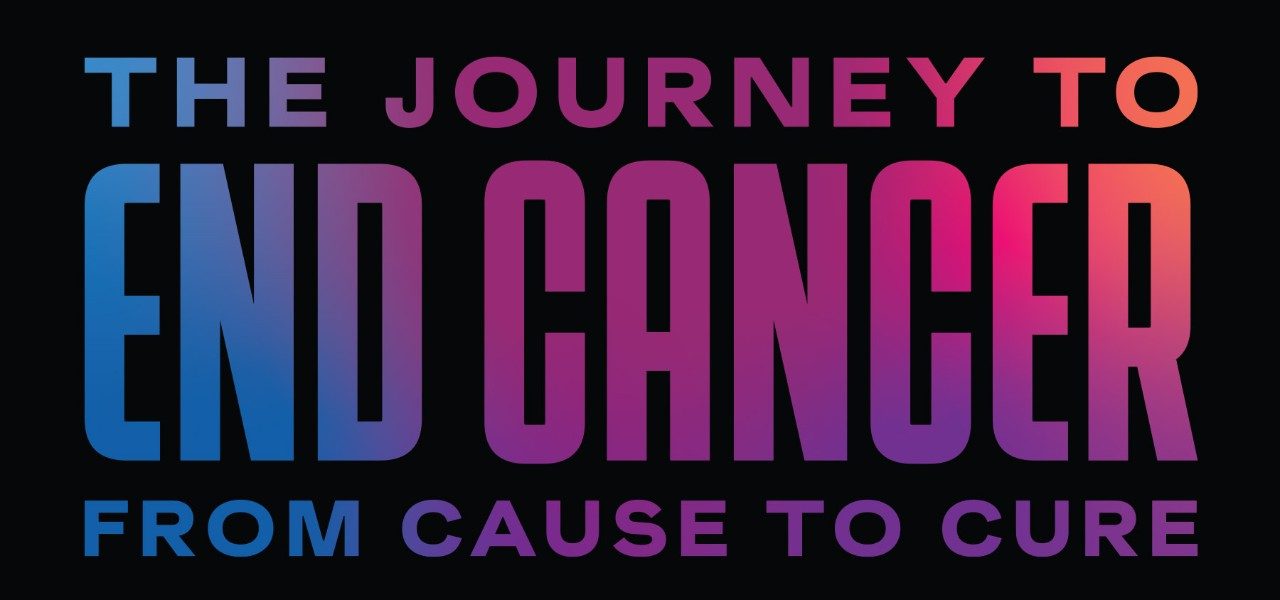
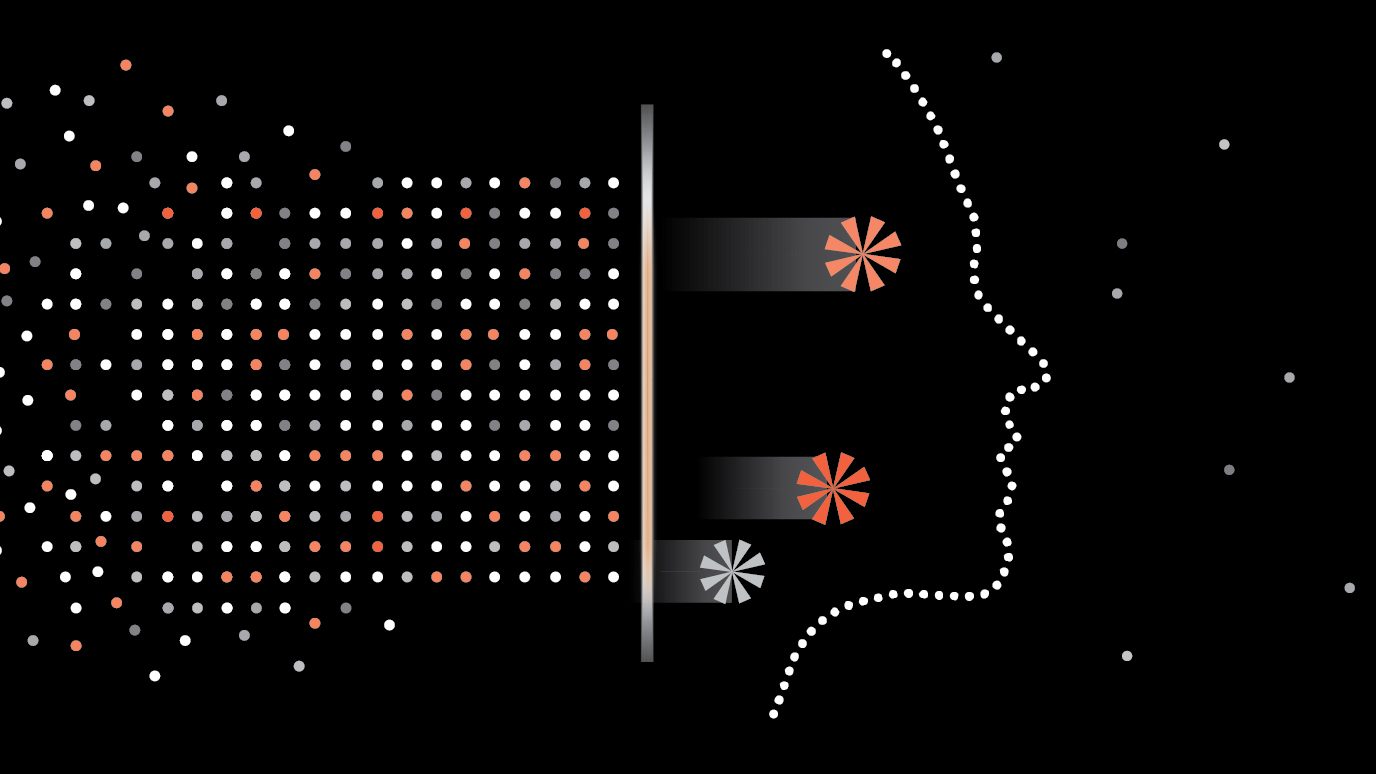
Institute for Data Science in Oncology announces new focus-area lead for advancing data science to reduce public cancer burden
The Institute for Data Science in Oncology (IDSO) at The University of Texas MD Anderson Cancer Center today announced the appointment of...

MD Anderson and SOPHiA GENETICS announce strategic collaboration to accelerate AI-driven precision oncology
The University of Texas MD Anderson Cancer Center and SOPHiA GENETICS today announced a strategic collaboration that unites SOPHiA GENETICS...
Three New Cancer Projects Receive Funding in Joint Collaboration Between Oden Institute, MD Anderson's IDSO and TACC
The University of Texas MD Anderson Cancer Center, the Oden Institute for Computational Engineering and Sciences, and the Texas Advanced Computing Center (TACC) at The University of Texas at Austin have announced funding for three cancer research projects as part of the Joint Center for Computational Oncology (JCCO).
This collaborative initiative continues to accelerate breakthroughs in oncology by combining the Oden Institute’...

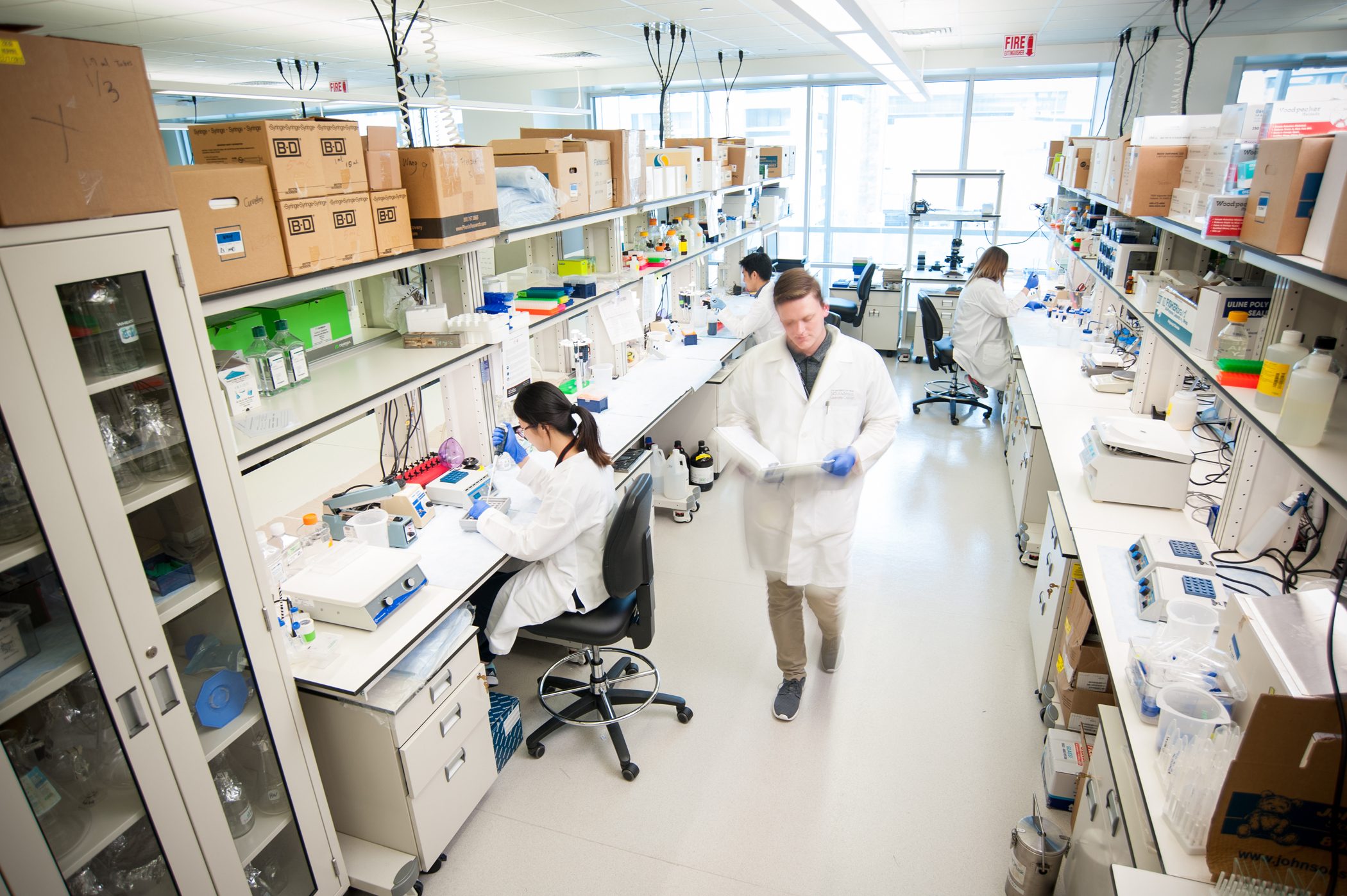
CPRIT awards MD Anderson over $29 million for prevention efforts, cancer research and faculty recruitment
The University of Texas MD Anderson Cancer Center today was awarded over $29 million from the Cancer Prevention and Research Institute of...

Allison Institute’s third annual scientific symposium highlighted by panel discussion with five Nobel laureates

Leading cancer research centers reinforce importance of safe and effective HPV vaccination to prevent cancer

MD Anderson and Phoenix SENOLYTIX announce strategic cross-licensing agreement to enhance inducible switch technologies for cell and gene therapies
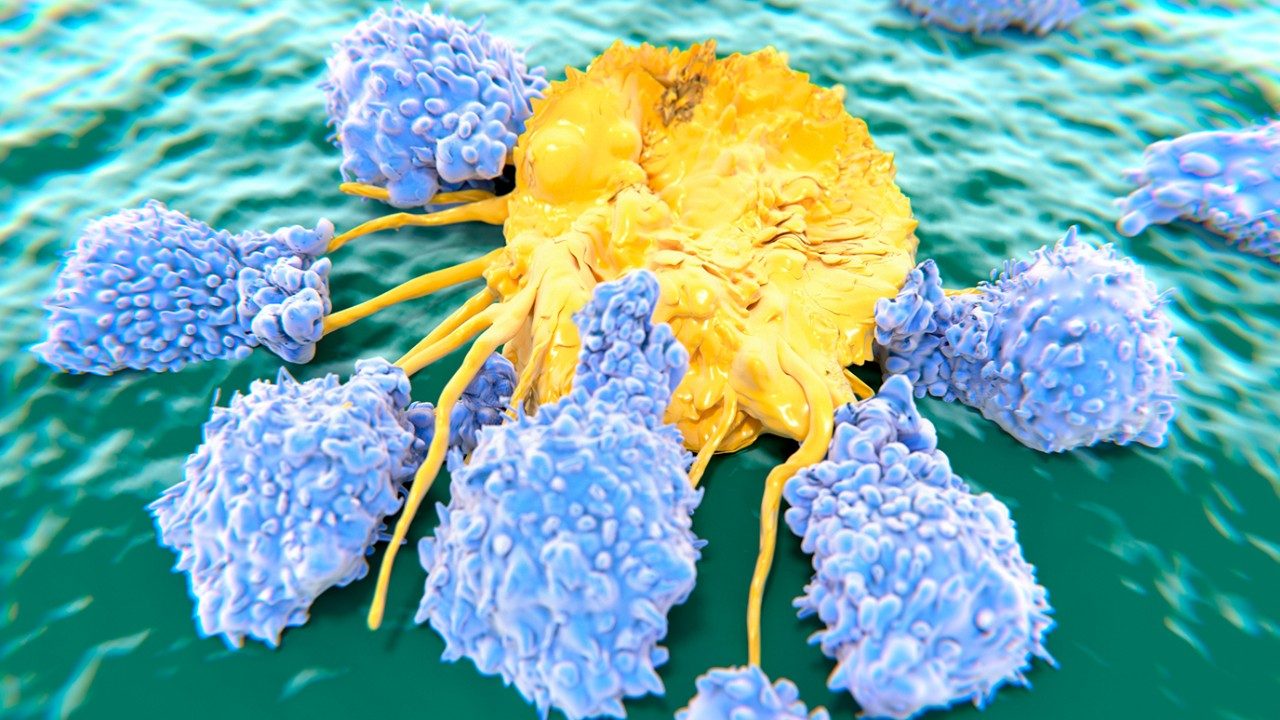
Novel tool helps identify key targets to strengthen CAR NK cell therapies
